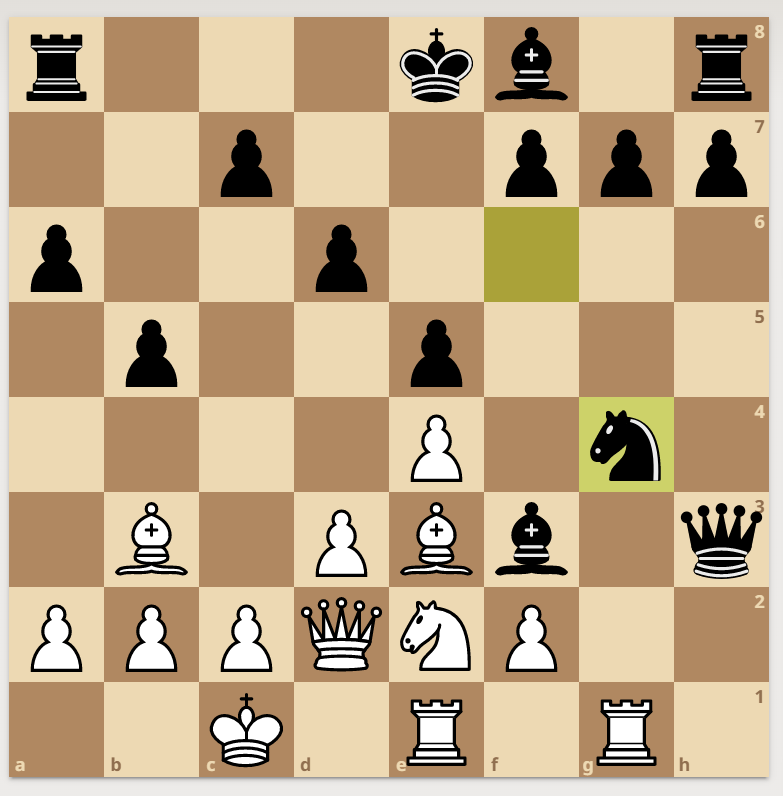Top 50 Chess Players: Paul Morphy
Placing inside the top 10 with the 8th spot on our list of the Top 50 Chess Players of all time is Paul Morphy!
The Basics of Paul Morphy

Full Name: Paul Charles Morphy
Life: June 22, 1837 (New Orleans, USA) – July 10, 1884 (New Orleans, USA)
Highest Fide Rating: N/A (Played before the incorporation of the Elo system)
The Story of Paul Morphy
Paul Morphy was a chess prodigy from New Orleans who became one of the most celebrated players of the 1800’s. He was known for his aggressive playing style and his tactical ability.
He learned chess from a young age and by 9 years-old Morphy was already considered the best chess player in New Orleans. At age 12, Morphy defeated Hungarian chess master Johann Lowenthal in an informal 3-game exhibition with two wins and one draw.
Morphy shot to fame in 1857 when he participated in the American Chess Congress in New York City and won the tournament. The victory established him as one of the top players in the country and he was proclaimed (unofficially) the “U.S. Chess Champion.”
After his success in the United States, Paul Morphy traveled to Europe with the explicit goal of challenging the top European players. Adolf Anderssen was considered the premier chess player in Europe and a match was scheduled against Anderssen in 1858. Despite suffering a severe bout of gastroenteritis Morphy won the exhibition convincingly. Later Anderssen stated that “Morphy was the strongest player to ever play the game.” Accordingly, at the young age of 21, the chess world hailed Morphy (still unofficially) as the “World Chess Champion.”
Morphy after chess
Morphy retired from chess in 1859 at the young age of 22, citing his desire to focus on his legal studies. He returned to New Orleans and practiced law but the start of the civil war sidelined his professional aspirations. In his later years, Morphy began a struggle with mental illness, suffering paranoia, depression, and delusion. At 47 years old Morphy was found dead in his bathtub.
Despite his many successes, Morphy’s chess career was as short as it was exciting. Due to his meteoric rise and fall, Morphy was dubbed “The pride and sorrow of chess.” His aggressive and unorthodox playing style had a profound impact on the way the game is played. The contributions he made to chess were significant, and his legacy lives on today.
The Extras of Paul Morphy
Funny Anecdote
Paul Morphy was adamant that chess was merely an amateur activity, not worthy of serious intellectual pursuit. Morphy famously stated “The ability to play chess is the sign of a gentleman. The ability to play chess well is the sign of a wasted life.” The irony of this statement is unmistakable.
Cool Fact
Paul Morphy was never formally taught the game of chess. He learned the rules, strategy, and etiquette all from watching his father and uncle play.
You play like Paul Morphy if:
- You play aggressively, always looking for an opportunity to strike.
- You prefer daring tactics over slow positional play
- The Romantic-Era of chess is your favorite
Famous Game by Morphy
Paul Morphy’s most famous game was dubbed “The night at the Opera” or more simply the “Opera game.” During the intermission of “The Barber of Seville” Morphy was challenged by two strong amateurs, a German Duke, and a French aristocrat. Morphy controlled the white pieces while his challengers jointly decided the moves for black. Follow below to see how Morphy utilizes a Queen sacrifice to bring out the demise of the European elite.
Coming next time on our list of the Top 50 Chess Players of all time is Max Euwe!

Featured image is in public domain










